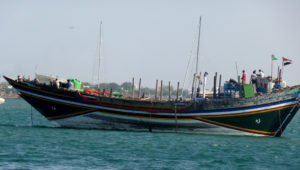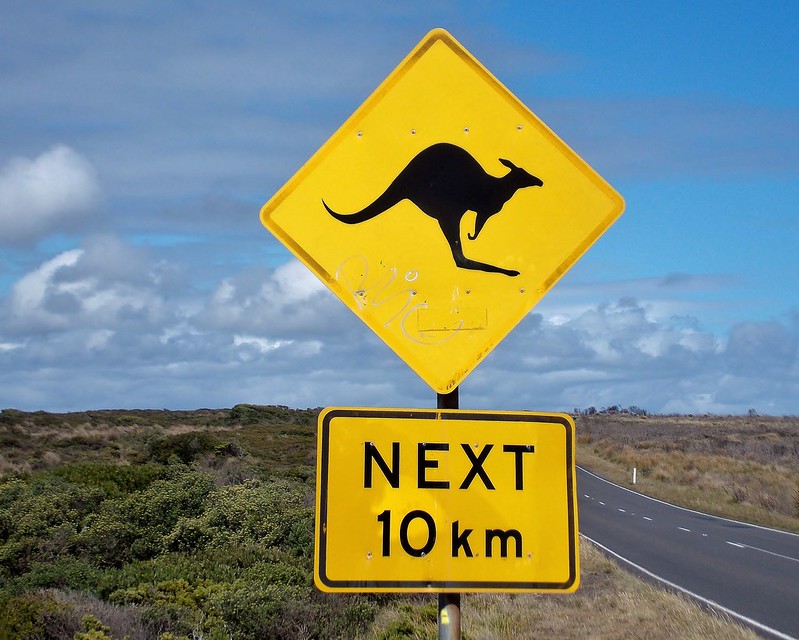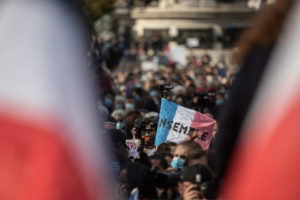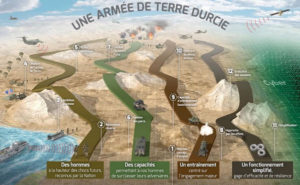Lettre La Vigie, dated 14 APRIL 2021
Global Britain
Three months after the Brexit came into force, the British government published two documents in March to set out the direction and allocate the resources of a cross-departmental strategy integrating security, defence and development policies with the country’s foreign policy. This exercise enabled the Prime Minister, Boris Johnson, to clarify the meaning to be given to the Global Britain concept, which emerged in the aftermath of the referendum sealing the UK’s departure from the EU in 2016. The knowledge of these documents is essential to appreciate the future of a UK/EU relationship to be built and more particularly that to be developed between France and the United Kingdom, linked by common interests, a bilateral security treaty, an alliance within NATO and which, depending on the field, are allies, partners or rivals.
To read the article, click here
What alliances for France?
The question of alliances is not so much about who to ally with or against, but about what to ally oneself with. It is true that the institutions inherited from the 20th century remain useful for France, whether it be the UN, the Francophonie, the Atlantic Alliance or the European Union. However, none of them responds to the integral strategy needed in the face of a current conflicts below the threshold. These instruments must therefore be supplemented by other alliances, more fleeting and less structured, but still flexible.
To read the article, click here
Lorgnette: Europe on a sofa
The recent meeting between Turkey and European representatives turned into a farce. At the end of the meeting, the President of the Council, Charles Michel, went to sit in an armchair opposite Erdogan, while the President of the Commission, Ursula von der Leyen, was left on a sofa.
Commentators were very critical of the Turkish leader, who was suspected of having engineered this bad manners. Then it was Mr Michel who was criticised, accused of machismo. In this case, the fault lies mainly with the EU. Erdogan is accustomed to putting only one chair at his side when he receives a head of state, and he could hardly have put two at the risk of appearing dominated. Moreover, he is currently trying to reconcile himself with the Europeans.
Hierarchically, the President of the Council is above the President of the Commission. One can certainly criticise the European protocol services for not having detected the incident or warned the European leaders. Above all, the Union was wrong to come with two people. It showed its weaknesses and its complicated organisation.
In this case, the Byzantine convolutedness was European, not Turkish.
Subscribers: click directly on the links to read online or download the pdf issue (here), always with your login/password. New readers: read the article by issue, by clicking on each article (2.5 €), or subscribe (discovery subscription 17 €, annual subscription 70 €, orga. subscription 300 € HT): here, the different formulas.
photo credit : Bart Heird on Visualhunt.com









